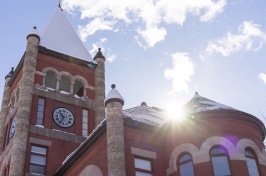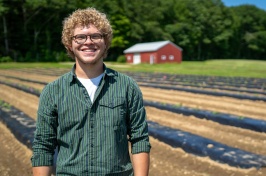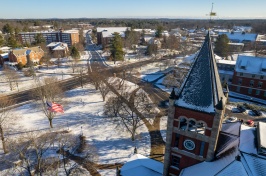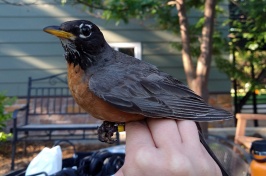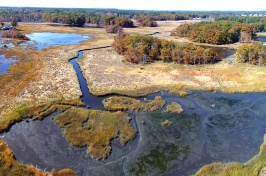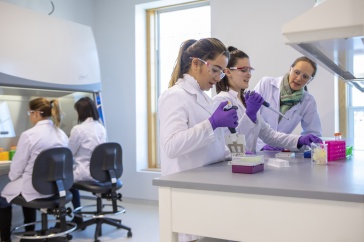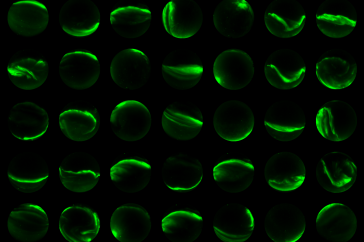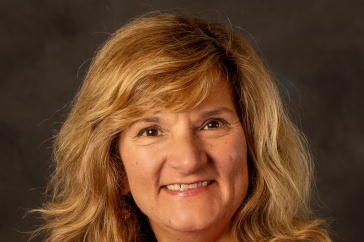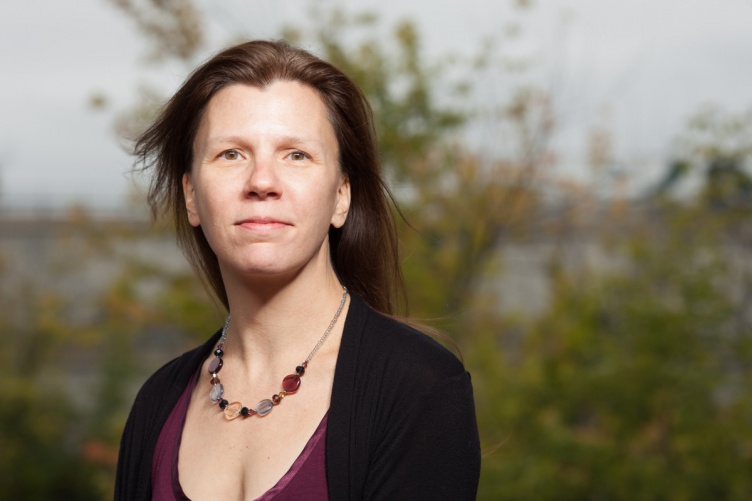
UNH Manchester is joining the push to mitigate one of the most critical public health crises facing the world: antibiotic resistance. Dr. Sue Cooke, lecturer in biology, took part in a week-long training to become New Hampshire's first partner instructor for Tiny Earth, a network of instructors and students focused on crowdsourcing antibiotic discovery from soil. Founded by University of Wisconsin-Madison professor Jo Handelsman, Tiny Earth has a two-fold mission: to encourage students to pursue careers in science through real-world applicable laboratory and field research in introductory courses, and to tap into the collective power of student researches to address the worldwide health threat that is the diminishing supply of effective antibiotics.
To achieve these goals, the initiative leverages a network of partner institutions where instructors learn the curriculum and integrate the research protocols in their lab-based courses at universities, colleges and high schools. Tiny Earth’s student scientists—many of them experiencing the scientific method in action for the first time—hunt for novel antibiotic organisms in soil samples. Adding 40 new partner institutions in 2017 alone, Tiny Earth is a global and growing network that includes instructors from 14 countries and 44 U.S. states.
Dr. Cooke is part of the initiative’s commitment to engage schools, colleges, departments and aspiring scientists across the country. From July 16 to 20, 24 instructors from institutions across the United States and one instructor from Nigeria attended an intensive five-day training at the University of Connecticut.
“Tiny Earth’s newest batch of partner instructors are an inspiring cohort of researchers and educators already bringing fresh ideas to Tiny Earth’s core mission of engaging undergraduate and high school students in real discovery,” said Tiny Earth Science and Training Director Dr. Nichole Broderick, an assistant professor at the University of Connecticut.
The program is partnering with institutions reflecting the diversity of the United States. The training included instructors from four Hispanic-serving institutions, Austin Community College (Texas), Brazosport College (Texas), Vanguard University (Calif.), and New Mexico State University, and one Historically Black University, Fayetteville State University (N.C.).
“A diversity of student scientists, like a diversity of soil samples, only enhances Tiny Earth’s discovery potential and impact,” Broderick says.
Dr. Cooke will be integrating the Tiny Earth protocols into a course called Small Microbial World, which will be offered for the first time in spring 2019 to both science and non-science students.
Interested in biology and medicine?
Check out our programs in biological sciences and biotechnology











